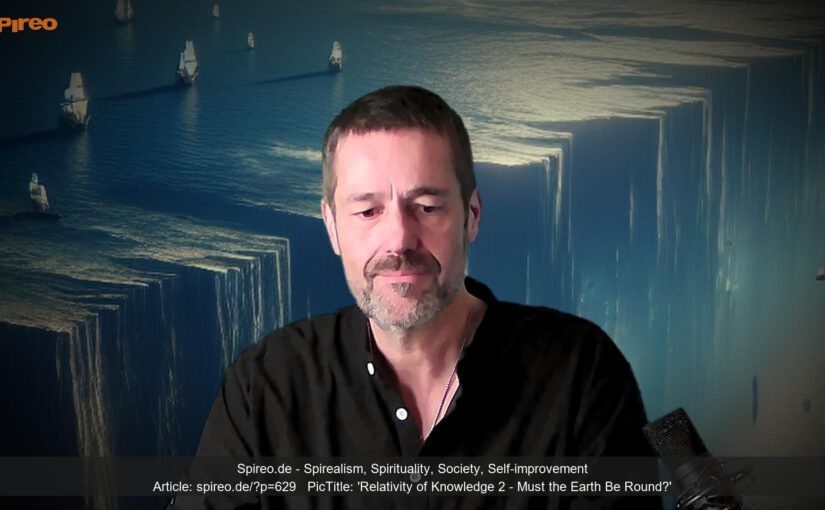Introduction: The Relativity of Knowledge
The idea of relativity in the field of epistemology raises a fundamental question: Is knowledge absolute, or does it depend on certain premises? In this article, we will further develop the considerations made by Einstein and other thinkers on the nature of truth and knowledge.
It is shown that societal beliefs, personal perceptions, and the material world interact to shape the knowledge we perceive as reality. These insights suggest that truth is never rigid but always in flux.
Society and Knowledge: How Thoughts Interconnect
A central aspect of the relativity of knowledge is the interconnection of thoughts within a society. Every individual is part of a larger network of ideas that constantly evolves. How often do we see beliefs that were once radical becoming the norm over time?
One example: Scientists like Galileo or other pioneers were condemned in their time, while today they are celebrated as heroes. This dynamic demonstrates that what we consider societal knowledge is merely a snapshot of an ever-changing process.
The interplay between individual cognition and collective consciousness is particularly interesting. Thoughts and ideas do not seem to originate solely from ourselves but are part of a larger pool of knowledge that permeates the entire society.
The Seven Principles of Knowledge
Based on the previous reflections, seven principles of knowledge can be outlined:
1. Knowledge is not absolute but depends on the assumptions and premises one makes.
2. Societal beliefs shape individual truths.
3. The outcome of an experiment largely depends on its setup.
4. Information does not exist independently but always in relation to other data points.
5. Matter is a product of consciousness, not a fixed external reality.
6. The perception of truth is shaped by societal and cultural influences.
7. Knowledge is never final but constantly evolves.
These principles invite us to reconsider our understanding of reality and knowledge and examine the role of information worlds in our perception.
A New Perspective on the Information World
The modern philosophy of the information world challenges traditional materialism. While materialism assumes a fixed external world, the information world posits that everything we perceive is the product of projections of our consciousness. Matter, in this view, is a construct, not an absolute reality.
A practical example of this perspective is the comparison to a computer: A computer can generate virtually infinite images depending on its system’s configuration. Similarly, an information world can take on various forms and laws without being limited to a specific model.
This flexibility reveals that even fundamental truths, such as the shape of the Earth, depend on the observer’s perspective and assumptions. The spherical shape of the Earth is considered self-evident in today’s society, but in an information world, other shapes might be conceivable.
